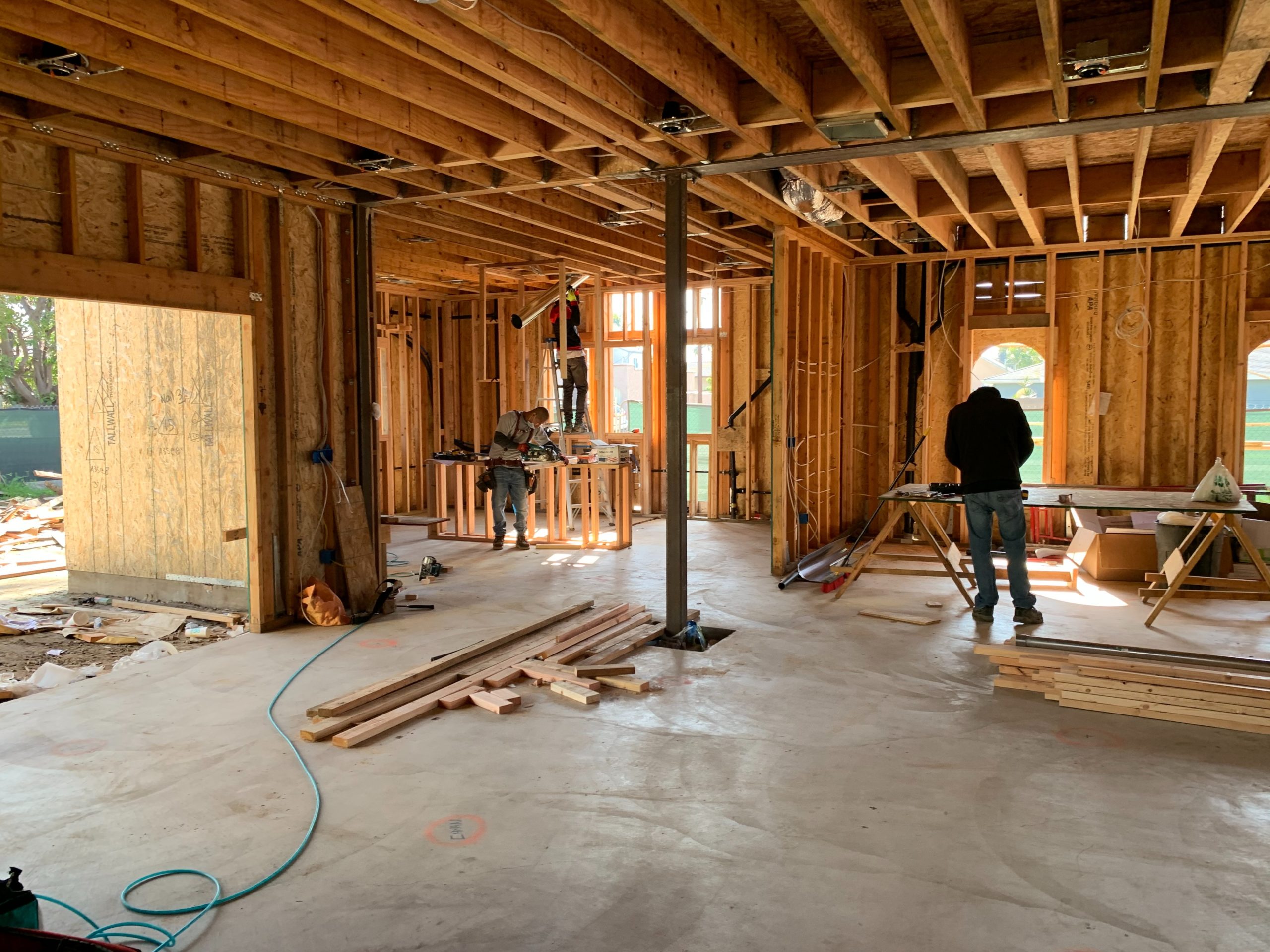
Before you sign a construction contract, you should be sure you understand everything you are agreeing to. In this article, we’ll cover five questions you should ask about a construction contract.
1. What are the Terms of the Construction Contract?
The answer to this question may seem as though it should be straightforward, but that is not always the case in construction contracts. Often time there are appendices or addendums to contracts that may not be transmitted to a contractor with the contract, or a contractor assumes that his bid on a project is taken into account or incorporated into a contract when it is not. Be sure that you are aware of what other documents are a part of the “contract documents” and that you know what your obligations are under them.
It is also becoming more common for subcontracts to incorporate the terms of an original contract by reference. If your contract does this, ask for a copy of the original contract so that you can be sure you are following all procedures necessary to get paid for your work and so that you are aware of all of the risks you may be taking on in accepting the contract.
2. Who are the Parties to the Original Construction Contract?
It is important to know the parties to the original contract for any construction project. Not only will you be required to give notice of any lien you may have to file to the correct parties, but the property you are allowed to lien is directly affected by whether the original contract is with a property owner or a tenant of the owner. Often times this is not clear, even to the original contractor.
If the original contract on a construction project is with a tenant rather than an owner, the lien rights of the original contractor as well as any subcontractors and/or material suppliers are limited to the tenant’s leasehold interest, which is much less valuable than a lien on a property owner’s interest. This makes it more difficult for a contractor to recover funds if it is not paid on a project. If the contractor is unaware that it is working for a tenant and files a lien on the owner’s property interest, the contractor could face penalties for doing so. It is always best to know going into a project who you are ultimately working for so that you can take into account the potential recoverability of any payments you don’t receive prior to accepting a contract.
3. If the Construction Contract is for a Residential Project, is the Property a Homestead?
If you are considering taking on a residential project, whether it is an original build or a remodel, you should know and take into account whether the residence you will be working on is a homestead. Some contractors mistakenly believe that an owner must designate a property as a homestead for tax purposes to have homestead protection, but this is not the case. Whether or not a property is or could be a homestead for lien purposes is dependent on 1) whether the person owns the property and 2) whether they live at the property and/or intend to live at the property after construction is completed.
The reason you want to establish whether a residential project is a homestead prior to entering into a contract is that there are specific requirements for construction contracts involving homesteads. A failure to comply with those requirements will prevent a contractor from being able to file a valid lien on the property and may have financial consequences for the contractor if it does file a lien on the property without having followed the homestead requirements.
4. How and When Will You Be Paid?
There are multiple ways in which a contractor or subcontractor can agree to be paid on a project. The important thing is that be sure your contract is clear about when and how you will be paid for both the original scope of work and any change orders or extras that come up. It is also important that you know and understand the process for submitting a change order for approval and who has the authority to approve your change orders. If you do not strictly comply with the process provided for in your contract, the owner and/or general contractor could deny your change-order request leaving you without compensation for work you may have already completed.
Additionally, if you are a subcontractor, your contract may include either a “pay when paid” clause or a “pay if paid” clause. It is important that you are aware of such clauses and that you take them into consideration prior to accepting a contract. These types of clauses are particularly burdensome on smaller subcontractors who may not be able to float the expense of a project in the event that payment on that project does not happen timely. Texas law does provide some ways in which you may be able to get around these clauses and demand payment, but the process for doing so is complicated and will often involve a subcontractor incurring the expense of hiring an attorney to assist them in doing so.
5. How Will Contract Related Disputes Be Resolved?
Nearly all standard form construction contracts will provide direction on how any disputes related to the contract will be resolved. Many will contain a provision requiring disputes to be resolved with mediation and/or arbitration rather than through litigation in a court. If you are a subcontractor and there is no provision providing for how disputes will be handled, look for language that incorporates the original contract terms into your subcontract.
Whether or not the contract includes language awarding attorney’s fees if you prevail in a contract dispute should also be considered. Litigation and/or arbitration can be very expensive and many smaller contractors and subcontractors cannot sustain the cost, especially if it is uncertain whether or not they can recover the costs of pursuing a claim. This can be particularly important if a contractor is out of time to file a lien and must pursue a contract claim against the general contractor to get paid the money they are rightfully due for the labor and/or materials they supplied to a project.
This article is intended as a general educational overview of the subject matter and is not intended to be a comprehensive survey of recent jurisprudence, nor a substitute for legal advice for a specific legal matter. If you have a legal issue, please consult an attorney.
Karalynn Cromeens is the Owner and Managing Partner of The Cromeens Law Firm, PLLC, with over 17 years of experience in construction, real estate, and business law. A published author and passionate advocate for contractors, she has dedicated her career to protecting the businesses her clients have built. Karalynn is on a mission to educate subcontractors on their legal rights, which inspired her books Quit Getting Screwed and Quit Getting Stiffed, as well as her podcast and The Subcontractor Institute.

